Scientists in Portrait
The CRC 1333 is dedicated to promoting excellent early career researchers in the area of “Molecular heterogeneous catalysis” and their early independence on all levels, from undergraduate students to group leaders.
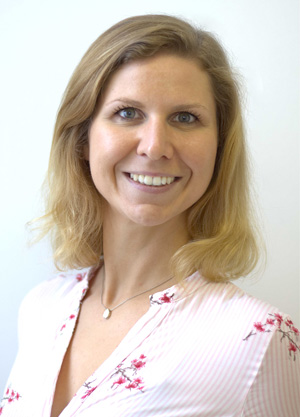
Johanna Bruckner
Johanna Bruckner is a junior research group leader at the Institute of Physical Chemistry in Stuttgart. Due to her recent acceptance into the Margarete von Wrangell habilitation program, she attained optimal conditions for pursuing and advancing her scientific career. She joined the CRC 1333 in 2018 as a researcher and will submit a subproject proposal as principal investigator for the 2nd funding period.
Johanna Bruckner’s research focuses on the fabrication and characterization of hierarchically structured functional materials, such as mesoporous silica or photonic films. To do this, she utilizes the self-organizing properties of lyotropic liquid crystals.
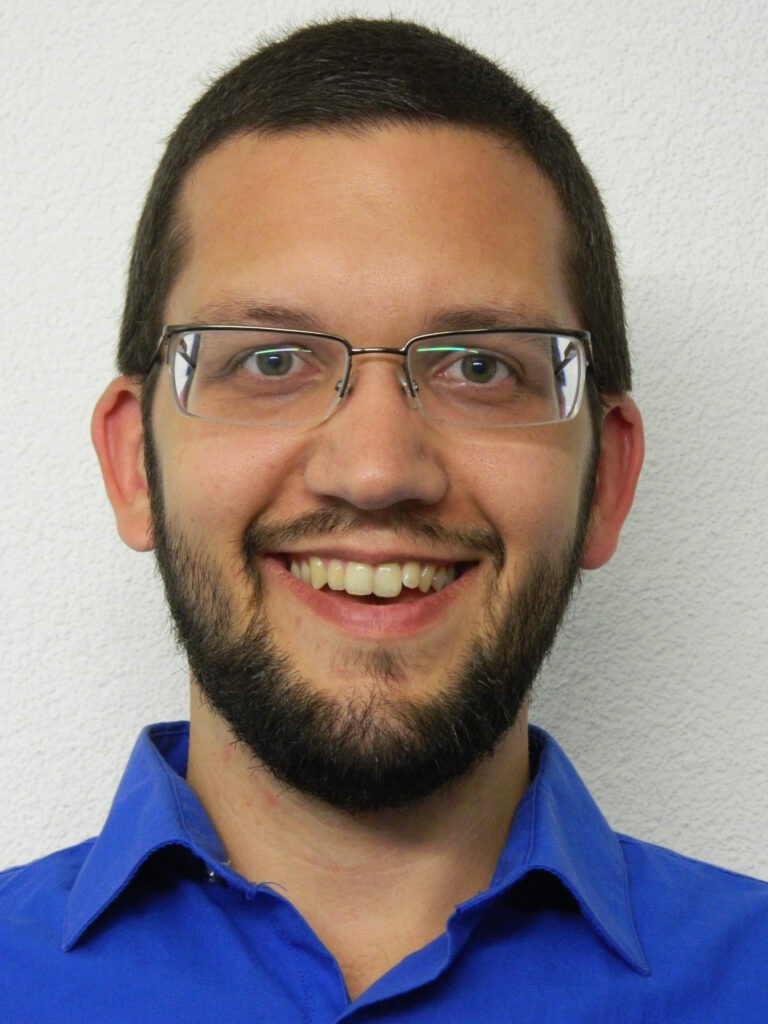
Deven Estes
Deven Estes studied chemistry at the University of Oklahoma. He then went on to obtain a PhD from Columbia University in 2014 where he studied reaction mechanisms of transition-metal hydrides in the group of Prof. Jack Norton. Subsequently, he became an ETH Marie-Curie Fellow at ETH Zürich studying surface organometallic chemistry in the group of Prof. Christophe Copéret from 2014-17. He subsequently moved to the RWTH Aachen and afterwards to the Max Planck Institute for Chemical Energy conversion in the group of Prof. Walter Leitner where he studied reactions of transition metal hydride catalysts with CO2
In 2019, Deven Estes became a Junior-Professor with Tenure Track in the Institute of Technical Chemistry at the University of Stuttgart. His work focuses on the synthesis and reactions of well-defined heterogeneous catalysts as tools for understanding working industrial catalysts. Deven Estes became a member of the CRC 1333 as PI in 2020 through the project C07, which uses the reactivity of immobilized catalysts to understand interactions between the pore wall and active catalyst centers. Such interactions are important as they relate to so called “strong metal support interactions” (SMSIs) in many important catalysts in the chemical industry today. Through the use of X-ray absorption spectroscopy (XAS) as well as advanced NMR methods, they were able to classify the likelihood of different metal oxides to undergo collapse with immobilized Ru hydrides and found that ZnO had the lowest propensity of the metal oxides studied for undergoing so-called grafting (in which metal hydrides react with strained M-O-M sites on metal oxide surfaces).
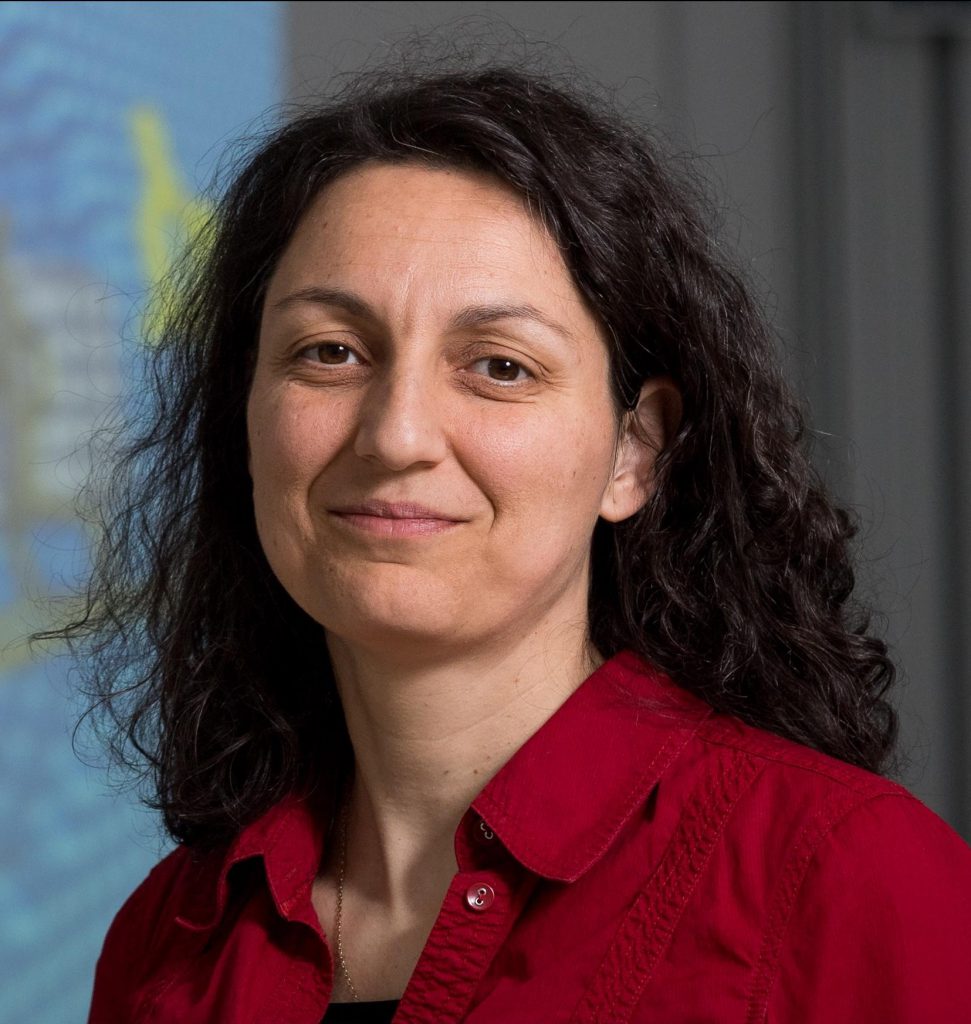
Maria Fyta
Maria Fyta is a project leader of the current project C06 in the CRC 1333 working in the field of computational physics. Her work is purely computational. She simulates materials and biophysical systems by a bottom-up approach with a variety of methodologies ranging from classical and semi-empirical to quantum-mechanical and multiscaled schemes. Applications of her work can be found in materials technology, e.g. hard-coatings, spin qubits, sensors or biotechnological applications like ultra-fast DNA sequencing.
Within the CRC 1333 Maria Fyta received additional funding within the Seed Funding scheme for her project proposal
“Influence of ionic-liquids and confinement on organometallic catalysts” (Seed 2). Starting out as a junior professor within this CRC, the mother-of-three is now apl. Professor at the Institute of Computer Physics of the University of Stuttgart. In 2022 she accepted her professorship at the Faculty of Mathematics, Computer Science and Natural Sciences of the RWTH Aachen.
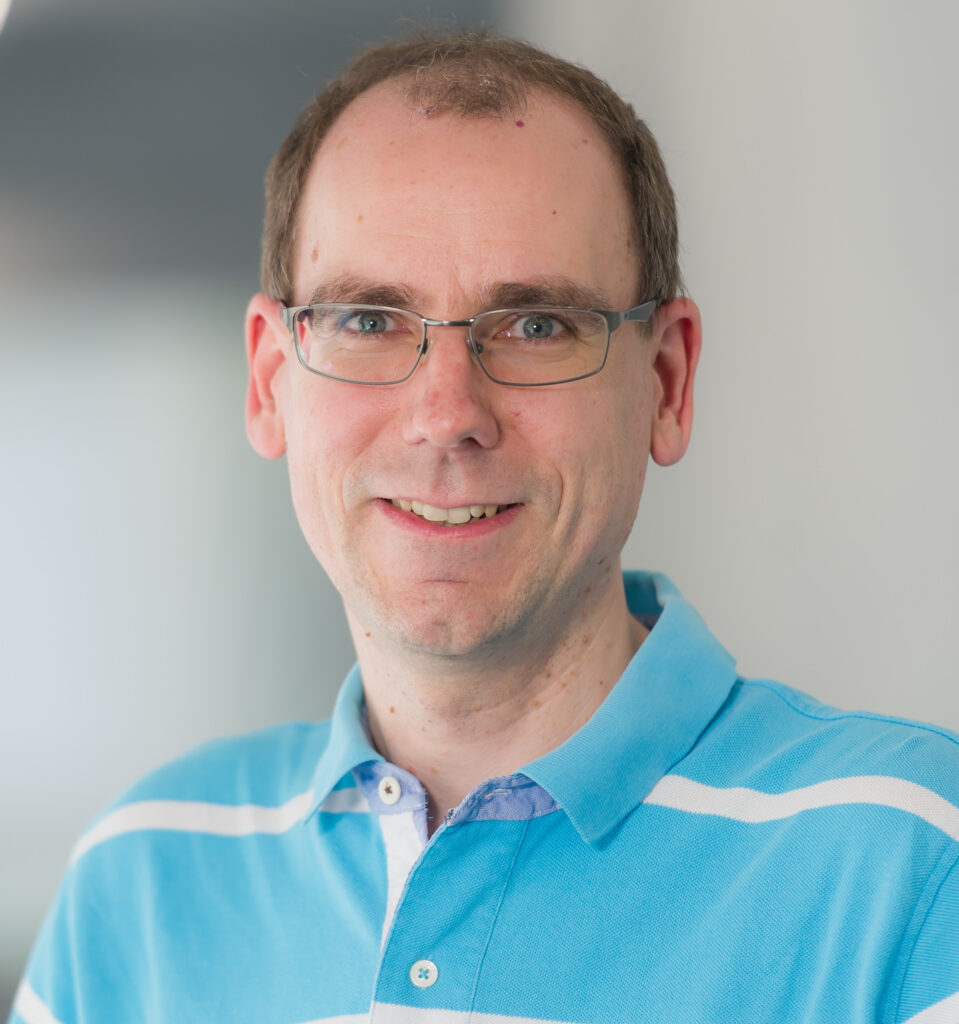
Niels Hansen
Niels Hansen studied chemical and process engineering at Hamburg University of Technology and obtained his PhD there in 2010. Afterwards he became postdoctoral fellow at the ETH in Zürich where he completed his habilitation in 2015. In 2014 he became assistant Professor of Molecular Thermodynamics at the University of Stuttgart and in 2020 adjunct professor. His research focuses on molecular modelling with applications to protein stability, structure refinement, self-assembly, porous materials and catalysis.
Niels Hansen joined the CRC 1333 as PI in 2018 with a project on atomistic and fluid-theoretical predictions of static and dynamic fluid properties in functionalized silica mesopores. Through close collaboration with experimental projects a molecular picture of the distribution and mobility of substrates and products involved in the ring-closing olefin metathesis reaction was obtained at the single pore level. Software tools that facilitate rapid model building of functionalized silica pores for systematic studies of confinement effects in various applications of relevant materials have been developed and released. In the second funding period both the models will be improved as well as the accessible length and time scales of the simulations in order to obtain an unprecedented multiscale picture of molecular heterogeneous catalysis in confined geometries.
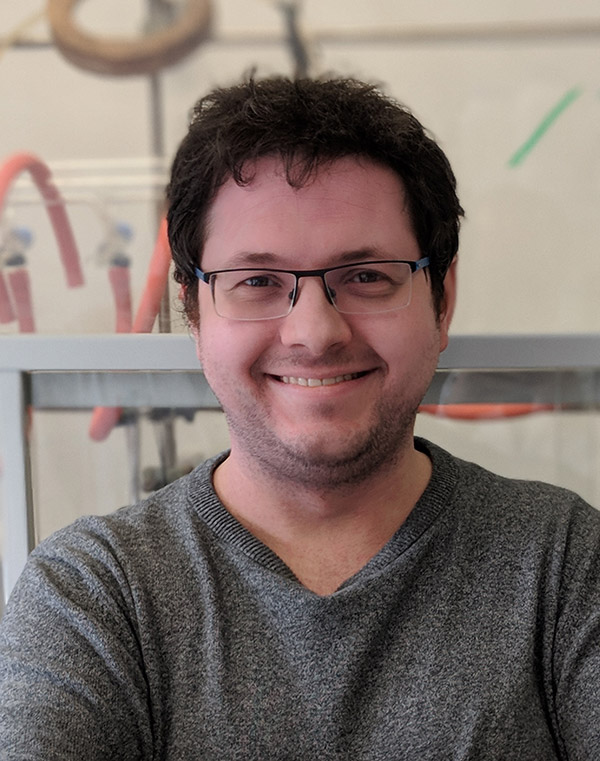
Stefan Naumann
After receiving his doctorate in 2014 and a subsequent PostDoc stay at Warwick University (UK), Dr. Stefan Naumann returned to University of Stuttgart (Institute of Polymer Chemistry) as a research group leader and in 2018 joined CRC 1333 as PI. He was awarded with the Advancement Stipend 2019 of the Macromolecular Division of the German Chemical Society (GDCh), and in 2021 successfully concluded his habilitation in polymer chemistry.
His research is located at the interface of polymer science, organic chemistry and material design, specifically focusing on catalyst development and the preparation of defined polymers with tailored properties. Within the context of the CRC, this expertise is employed to generate functionalized ordered mesoporous carbons for (electro-)catalysis under confinement.
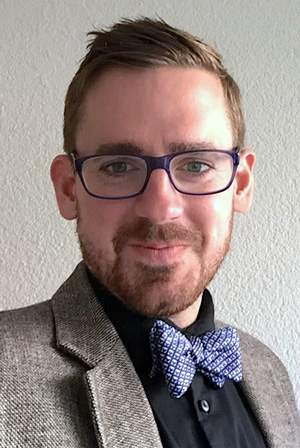
Mark Ringenberg
Mark Ringenberg studied chemistry at the University of Pittsburgh after which he completed his PhD in Chemistry at the University of Illinois, Urbana-Champaign in 2011 in the field of organometallic chemistry with Thomas Rauchfuss. He then moved to Basel, Switzerland to do postdoctoral research on artificial metalloenzymes. He then received the Humboldt Stipend to do research in Stuttgart with Prof. Wolfgang Kaim, afterwards he continued on at the University of Stuttgart to do his habilitation, that was successfully completed in 2021.
Dr. Ringenberg’s contribution to the CRC has been primarily focused on organometallic synthesis, electrochemistry, and spectroscopy. Much of the work and contributions have been within this context and his group continues to develop complexes with a spectroscopic focus for surface immobilization. This has also been implemented in developing a Seed project that incorporates a ferrocene functionalized surface that would allow Mössbauer spectroscopy to quantify catalyst loading.